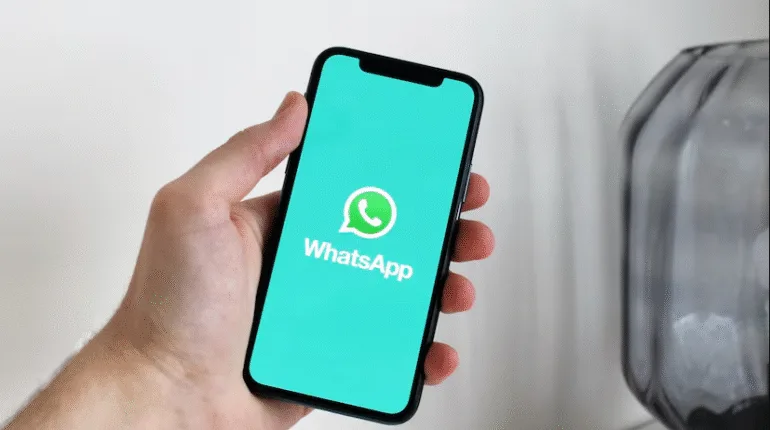WhatsApp announced on Monday it will introduce its boldest advertising features yet, marking a major shift for the messaging platform that has largely remained ad-free since its launch.
The move comes after WhatsApp’s leadership firmly denied reports in 2023 suggesting the Meta-owned app was exploring advertisements as a revenue source.
Unlike Facebook, Instagram, and other social platforms, WhatsApp has maintained minimal advertising since Meta acquired it in 2014.
Both users and regulators have closely monitored whether Meta would monetize an app primarily known for private chats among friends and family.
Until now, WhatsApp’s advertising has been limited to business promotional messages sent to opted-in customers and some restricted Status ad tests in select markets. The app has never displayed ads in chat feeds or conversations.
The company said it will roll out three new monetization features exclusively within its Updates tab — which houses Channels and Status, features used daily by 1.5 billion people and widely launched just last year.
WhatsApp stressed that users who use the app solely for personal messaging will see no changes, as all new features are confined to the Updates tab, which can be turned off in settings.
“We’ve been discussing plans for a business model that does not interrupt personal chats for years. We believe the Updates tab is the right place for these new features to work,” WhatsApp said.
The new features include paid channel subscriptions, promoted channels within the Discovery directory, and ads within Status — WhatsApp’s version of Instagram Stories.
WhatsApp emphasized that these advertising features come with strong privacy protections.
“I want to be clear: Your personal messages, calls, and statuses will remain end-to-end encrypted. This means no one — not even us — can access them, and they cannot be used for ads,” said Nikila Srinivasan, Meta’s vice president of product management, during a press briefing.
The company also committed to never selling or sharing phone numbers with advertisers and stated that personal messages, calls, and group memberships will not influence ad targeting.
“To show ads in Status or Channels, we’ll use only basic information such as your country or city, device language, and activity within the Updates tab,” Srinivasan added.
Introducing advertising marks Meta’s effort to monetize WhatsApp’s massive user base of over two billion monthly active users.
Industry analysts have long expected Meta to eventually bring ads to WhatsApp, given its scale and high engagement.
The company did not specify a precise timeline for the rollout.
“They will be introduced gradually over the next few months, so it may take some time before users in your country see them,” Srinivasan said.


